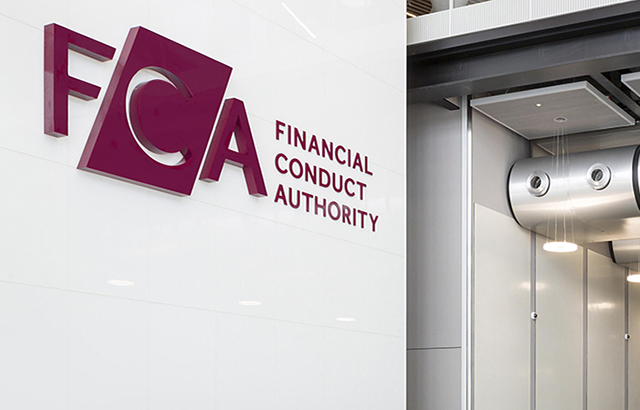The UK’s Financial Conduct Authority has imposed restrictions on wealth management firm, London Stone Securities Limited after finding that some clients had paid fees exceeding 65% of the value of their portfolio which significantly reduced the value of their investment.
The firm cannot undertake any regulated activity, charge any further fees to existing clients or take on new clients without the FCA’s express permission. The firm was also required to withdraw all financial promotions and keep assets in the business.
The regulator had serious concerns about London Stone Securities Limited not delivering good client outcomes.
“The firm was charging excessive fees, which do not appear to be justified, clearly relate to benefits for the firm’s clients or provide fair value. Low value investment portfolios were particularly affected. In addition, charges were not communicated to or agreed with all clients in advance, raising concerns that the firm has not appropriately disclosed and explained its service terms.
“This risk was exacerbated as some of the firm’s client base have characteristics of vulnerability. We are also concerned London Stone Securities issued financial promotions which did not follow our rules that appear to have directly targeted potential clients who were elderly, disabled and vulnerable.
“We also found inconsistencies in information the firm provided to us. In its response to our sector-wide wealth management data survey, it told us that the maximum charge applied to any individual client was 5% of their portfolio value. However, we found fees far in excess of this. For example, some clients have paid fees exceeding 65% of the value of their portfolio which significantly reduces the value of their investment.”
The FCA further said the firm had also transferred £1.3m from its bank account throughout the FCA’s ongoing enquiries: “We believe the firm may not have communicated openly or honestly with us, their regulator”.
It concluded: “We issued restrictions on the firm in April to protect consumers. Having now considered representations from the firm, we consider that the restrictions should remain in force due to the seriousness of the potential consumer harm the firm has caused. The firm has the right to challenge this and refer the matter to the tribunal.”





